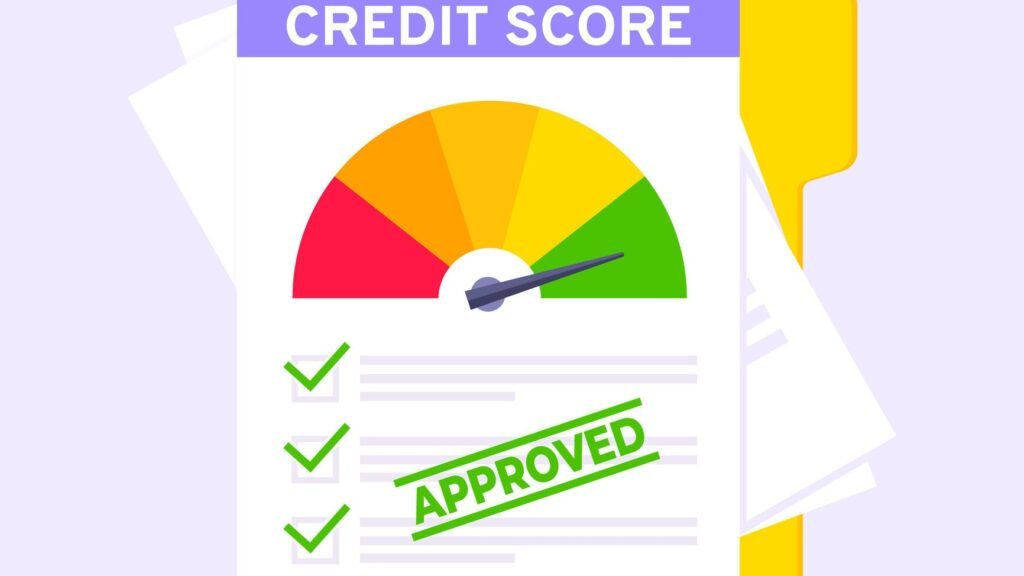
Comparing Low-Interest Options: Finding the Best Deal for Your Needs
In today’s market, there are countless low-interest options available for individuals looking to find the best deal for their financial needs. Whether it’s credit cards, personal loans, auto loans, mortgages, or savings accounts, understanding the benefits and drawbacks of each can help you make an informed decision. Comparing these options is crucial to ensure that you secure the most advantageous terms, saving you both money and stress in the long run.
When comparing low-interest options, it is essential to consider the interest rates offered by different lenders or financial institutions. Lower interest rates mean less money paid in interest over time, allowing you to save more and potentially pay off your debts faster. Additionally, it’s essential to consider any additional fees or charges associated with the options you are exploring. Sometimes, low-interest rates might come with hidden costs that can significantly impact the overall affordability of the option. By carefully examining all the terms and conditions, you can ensure that you are getting the best deal for your financial needs.
Understanding the Benefits of Low-Interest Credit Cards
Low-interest credit cards are becoming increasingly popular among consumers for a variety of reasons. Firstly, these cards offer lower annual percentage rates (APRs) compared to other credit cards. This means that customers can save a significant amount of money on interest charges, especially when carrying a balance from month to month. By opting for a low-interest credit card, individuals can reduce the amount of debt they accumulate and potentially pay off their balances more quickly.
Another benefit of low-interest credit cards is that they often come with other perks and rewards. While the main advantage is the lower interest rate, many issuers also offer additional incentives such as cash back, travel rewards, or bonus points for certain purchases. These rewards provide cardholders with a way to earn something extra while still enjoying the benefits of a low-interest rate. Additionally, having a low-interest credit card can improve your credit score over time, as consistently making payments on time and keeping your credit utilization low are key factors in determining your creditworthiness.
Exploring Low-Interest Personal Loans: A Viable Solution for Financial Needs
Low-interest personal loans can be a viable solution for individuals facing financial needs. These loans, offered by various financial institutions, come with lower interest rates compared to other types of loans. These lower rates can help borrowers save money on interest payments and make their monthly loan repayments more affordable.
One of the main advantages of low-interest personal loans is their versatility. Unlike specific-purpose loans such as auto loans or mortgages, personal loans can be used for a wide range of financial needs. Whether it’s consolidating high-interest debts, covering unexpected medical expenses, or financing a major purchase, personal loans offer borrowers the flexibility to use the funds as needed. Additionally, the lower interest rates make personal loans an attractive option for individuals looking to save money on interest charges while meeting their financial obligations.
The Advantages of Low-Interest Auto Loans: Financing Your Dream Car
When it comes to financing your dream car, low-interest auto loans offer a range of advantages. One of the key benefits is the potential for substantial savings in the long run. With a lower interest rate, you’ll pay less in interest charges over the life of the loan, which can result in significant cost savings. This leaves you with more money in your pocket to enjoy and use for other financial goals.
Another advantage of low-interest auto loans is the opportunity to secure a more affordable monthly payment. A lower interest rate means that your monthly installment will be lower, making it easier to manage your budget and meet your financial obligations. This can help alleviate any financial strain and provide peace of mind knowing that you can comfortably afford your dream car without sacrificing other essential expenses. Additionally, a more affordable monthly payment also allows you to potentially allocate your funds towards savings or investing, helping you achieve financial growth and security in the long term.
Navigating the World of Low-Interest Mortgages: Making Homeownership Affordable
Navigating the world of low-interest mortgages can be a daunting task, but it is an essential step towards making homeownership affordable. With the right research and guidance, you can take advantage of the benefits that low-interest mortgages offer. One of the best advantages of low-interest mortgages is the savings it can bring over the long term. By securing a mortgage with a low-interest rate, you can significantly reduce your monthly mortgage payments, allowing you to allocate those savings towards other expenses or investments. Moreover, this can also help you pay off your mortgage faster, as a larger portion of your monthly payment goes towards reducing your principal balance instead of getting lost in interest payments.
Another benefit of low-interest mortgages is the opportunity to build equity in your home. With lower interest rates, more of your money goes towards paying down the principal, helping you build equity in your property at a faster pace. This can be particularly advantageous when it comes to selling your home in the future or using your equity for other financial needs. Additionally, low-interest mortgages can provide you with peace of mind, knowing that you have a fixed mortgage payment for the life of the loan. With a predictable payment schedule, you can budget effectively and avoid the uncertainty that can come with variable interest rates. Overall, navigating the world of low-interest mortgages requires careful consideration and research, but with the right approach, it can be a key step towards making homeownership more attainable and affordable.
Investing in Low-Interest Savings Accounts: Growing Your Wealth Safely
When it comes to investing your hard-earned money, one option to consider is low-interest savings accounts. These accounts provide a safe and secure way to grow your wealth over time. With their low level of risk, they are often favored by conservative investors who prioritize the safety of their funds.
While the interest rates offered by savings accounts may not be as high as those offered by other investment options, their advantage lies in their stability. Unlike stocks or bonds, which can be subject to market fluctuations, savings accounts offer a consistent and predictable return on your investment. This can be particularly appealing in uncertain economic times or for those who prefer a hands-off approach to investing.
Low-interest savings accounts also offer liquidity, meaning you can access your funds easily and quickly when needed. This is especially important in emergency situations or for short-term financial goals. Additionally, many savings accounts are protected by the Federal Deposit Insurance Corporation (FDIC), which insures deposits up to $250,000 per account holder, providing an added layer of security.
When considering low-interest savings accounts, it’s important to compare rates and fees among different financial institutions. While interest rates may not vary significantly, even a slightly higher rate can make a difference in the long run. Additionally, be mindful of any minimum balance requirements, withdrawal restrictions, or maintenance fees that may be associated with certain accounts.
In summary, low-interest savings accounts can offer a safe and secure way to grow your wealth over time. With their stability, easy access to funds, and FDIC protection, they provide peace of mind for cautious investors. However, it’s important to carefully compare rates and fees to ensure you are maximizing your returns.


